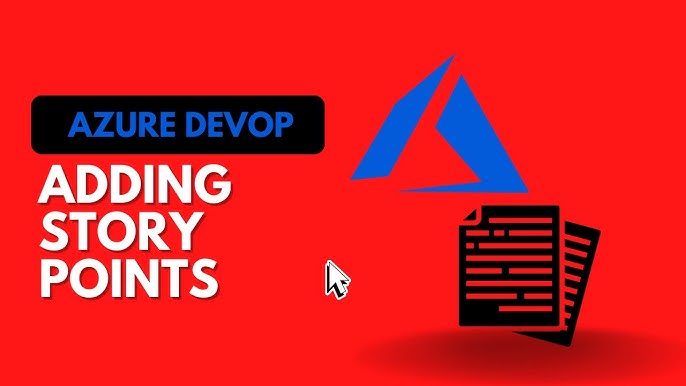In Azure DevOps and other Agile project management tools, story points are a metric used to estimate the amount of effort or complexity involved in completing a task or user story. Rather than measuring in hours or days, story points abstractly represent effort by factoring in the complexity, risk, and time needed for completion. Here's a breakdown:
What Are Story Points?
- Effort and Complexity: Story points quantify the effort required based on how complex, unknown, or risky the work is.
- Relative Estimation: They are a relative measure, where a task with 5 story points should ideally take about five times more effort than a 1-point task.
- Abstracting Time: Story points focus on effort instead of exact time, which allows for better adaptability to unforeseen issues.
Assigning Story Points in Azure DevOps
- Estimation Meeting: Typically, teams estimate story points during sprint planning meetings. Discuss the task's complexity and potential risks.
- Use a Baseline: Start with a baseline task. For instance, if a small, simple task is 1 point, other tasks can be estimated relative to it.
- Apply a Consistent Scale: Many teams use the Fibonacci sequence (1, 2, 3, 5, 8, 13, etc.) for assigning story points, as it naturally accounts for increased uncertainty with higher values.
- Adjust Over Time: As the team gains experience, they’ll improve at assigning points consistently and understanding their capacity.
To assign story points in Azure DevOps:
- Open the Backlog view and select a work item.
- Find the Story Points field (or Effort for certain work item types).
- Enter the story point value based on your team’s estimation. Save the changes, and this will be reflected in the task management and sprint planning views.
